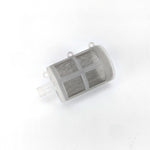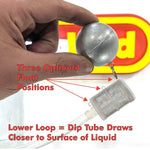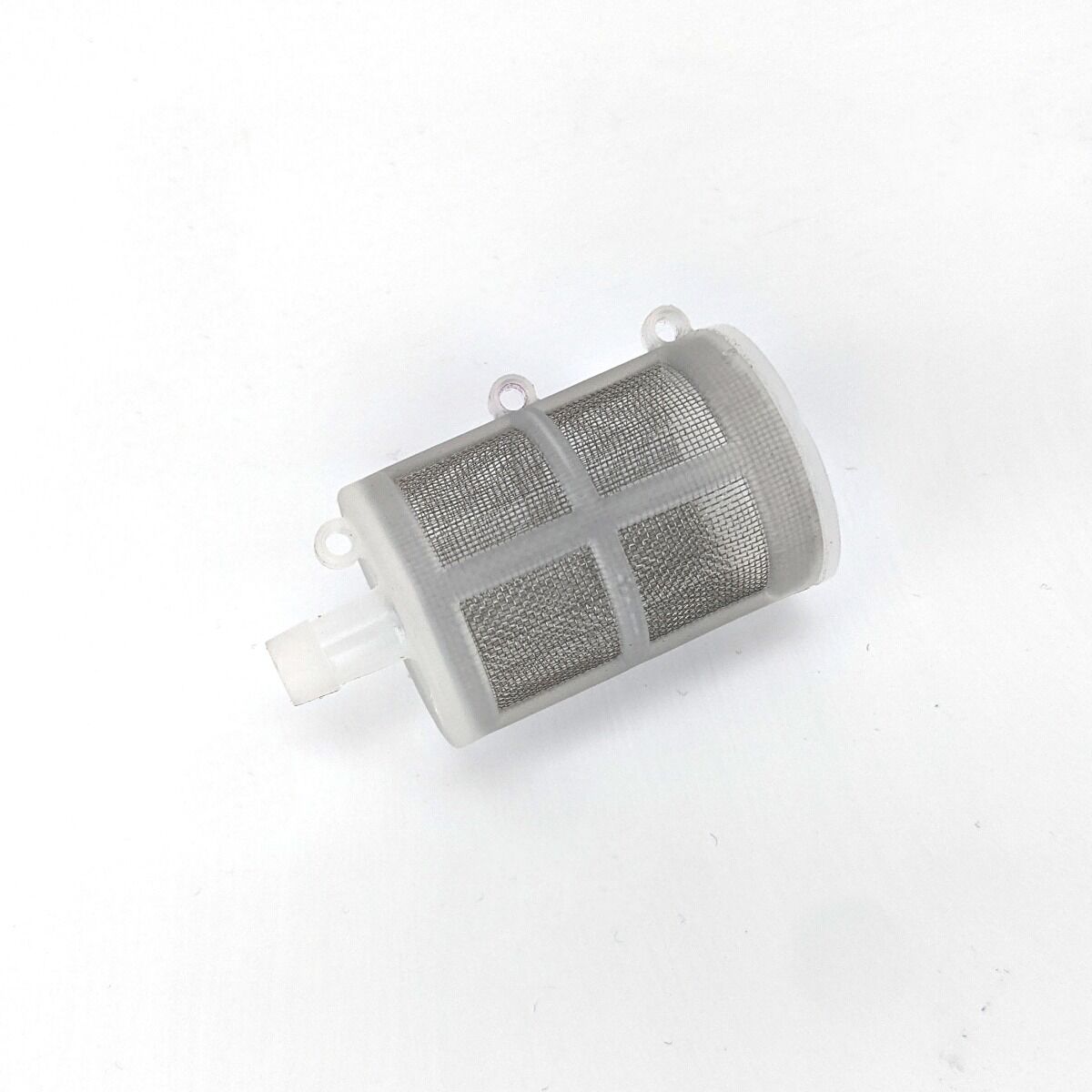
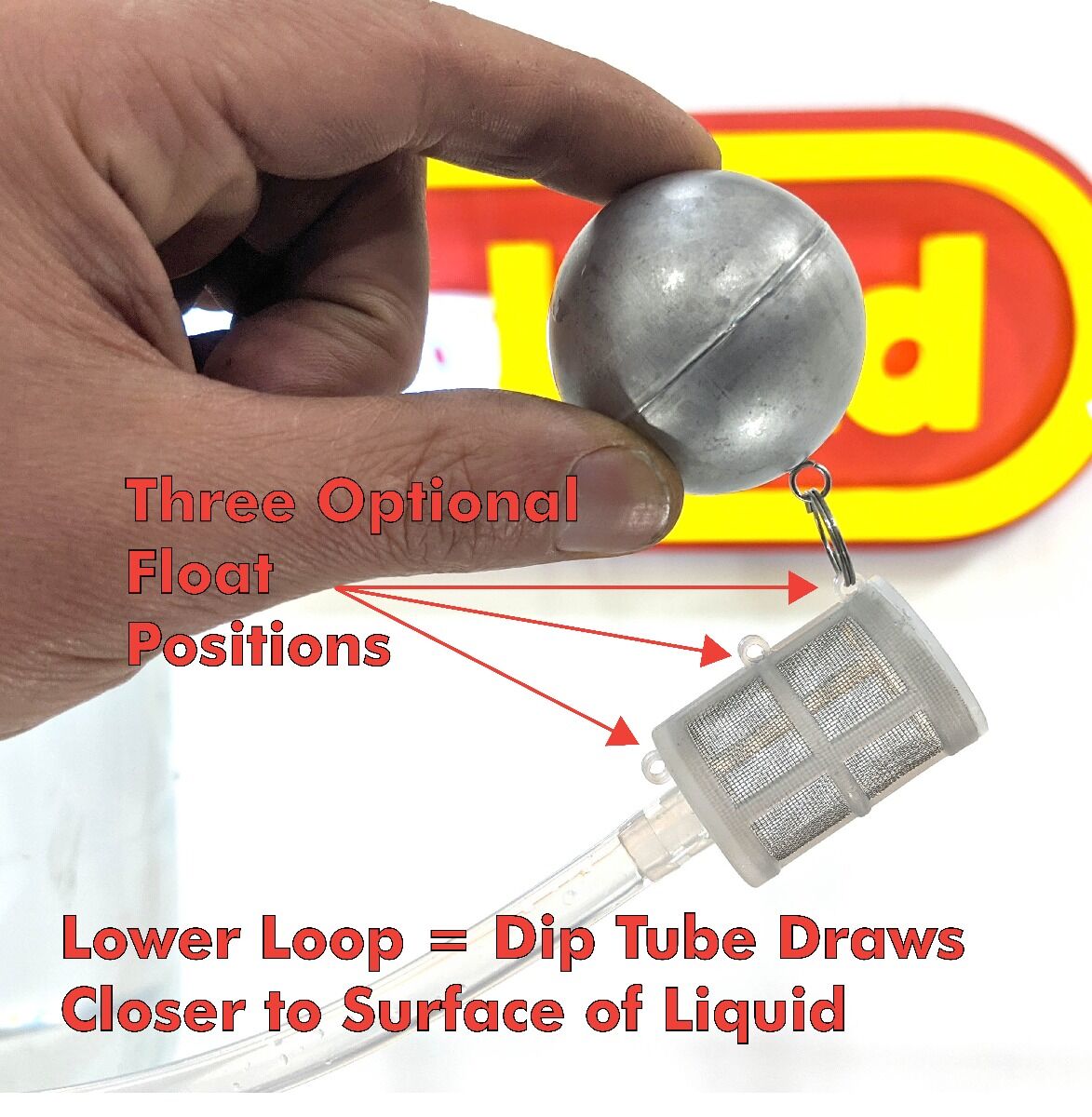
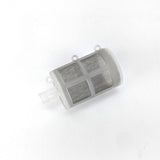
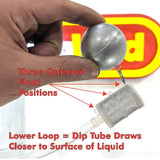
Floating Dip Tube Filter - (80 Mesh 304 Stainless)
Description
Made from HDPE and 304 Grade stainless steel this product can be boiled or sanitised in the full range of cleaners that we sell. The plastic HDPE is over moulded onto the stainless mesh to make a seamless finish. The end cap can easily pop off for cleaning.
How frustrating is hops getting blocked in your poppet, tap, ball valves and practically everywhere else. This really handy little filter can be used on your silicone floating dip tubes to prevent hops or other solids getting sucked into the dip tube itself. The 304 stainless 80 mesh is fine enough to filter out hops and many other solids but not so fine that it gets blocked up easily. If you have a FermZilla or stainless Kegmenter this add on extra is a must.
Shipping information
- Order before midday (mon - fri) for same day shipping
- Free Shipping for orders over £80 (DPD next day service)
- Discounted shipping for orders over £40
- Smaller items ship with royal mail from £2.90 (£1 for orders over £40)
Prices are calculated at the checkout. Please see our full shipping policy here.

Free next day delivery on orders over £80
Floating Dip Tube Filter - (80 Mesh 304 Stainless)
- Related products
- Recently viewed

